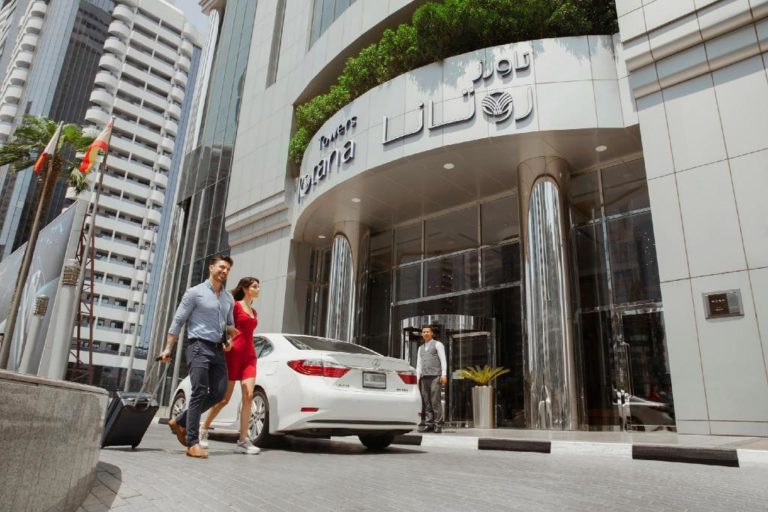How To Find Jobs In Australia
Australia is keen to attract skilled workers in a variety of sectors so graduates and qualified professionals can expect a wealth of opportunities and some of the best average salaries in the world.
It’s not always easy to secure a visa but if you do you could be living in one of the world’s most liveable cities. According to Mercers Quality of Living Index 2017 Melbourne and Sydney both feature in the top 20.
Use your free time wisely to visit some of the must-see Australian attractions such as the Sydney Opera House, the Great Barrier Reef, the red rocks of the outback and Fraser Island.
A common language and an average of 240 days of sun per year are just added bonuses. The Australian economy is dominated by the services sector, which accounts for around 70% of GDP and 75% of jobs.
Some of the country’s major industries include:
- agriculture
- chemicals
- food processing
- industrial and transportation equipment
- mining
- steel
Graduates at all levels generally enjoy a low unemployment rate and have better labor market outcomes and salaries than non-graduates.
Recent growth areas include:
- construction
- education and training
- manufacturing
- mining
- public administration.
For up-to-date labor market information see the Australian Government Department of Employment – Australian Labour Market Update. The country lists its skill shortages on the Australian Government Department of Employment website. Current shortage occupations include:
- Accountants
- Audiologists
- Automotive electricians
- Bakers
- Bricklayers
- Chefs
- Early childhood teachers
- Hairdressers
- Locksmiths
- Mechanics
- Optometrists
- Plumbers
- Sonographers
For more information see National, state and territory skill shortage information.
If you’re backpacking your way around Australia on a Working Holiday Visa, work should be easy enough to find. However, if you’re looking to make Australia your home you’ll need to apply through SkillSelect for permanent positions, while you can also be sponsored by an employer through the Employer Nomination Scheme.
How To Find Jobs In Australia
You can apply for jobs in the country in the same way you’d apply for them in the UK. The recruitment processes and procedures are very similar in both countries. Australian CVs also follow the same format as those in the UK and you typically apply for jobs by submitting a CV (resume) and cover letter or by completing an online application form.
Speculative applications can yield positive results, just be sure to tailor your application to each individual employer. Once again the interview process closely resembles that in the UK and as such you could be interviewed over the phone or face-to-face before being offered a job.
It may be possible to secure a job in Australia if you work for an international company that has offices Down Under. If this is the case you can apply for jobs before heading to the country. For graduate roles, it’s better to have the correct visa and be resident in the country before applying for roles. BUNAC offers a range of jobs in the country and also helps you get set up in Australia on arrival.
Australia Work Permit
If you’d like to work in Australia you’ll need the appropriate visa. As previously mentioned those aged between 18 and 30 can get a temporary visa called the Working Holiday Visa, which allows you to travel and work in the country for one year. You can do all kinds of work on the visa but you can only work for six months with any one employer. You need to apply for this visa from your home country and will need enough funds to support yourself during your stay.
For more permanent work you’ll need to apply for a Skilled Migration Visa. First, you’ll need to submit an Expression of Interest (EOI) through SkillSelect. Once your EOI has been submitted you may then be invited to apply for a Skilled Migration Visa. You’ll then have 60 days to lodge an application and nominate an occupation that is on the relevant skilled occupations list.
The type of visa you apply for will depend on your circumstances and the work you will be doing. You can find out more at Department of immigration and Boarder Protection – Working in Australia.
The average working hours in Australia are 38 per week, Monday to Friday and a full-time employee is entitled to four weeks annual leave as well as public holidays. Bear in mind that the number of public holidays you are entitled to vary depending on where you are based in the country.

